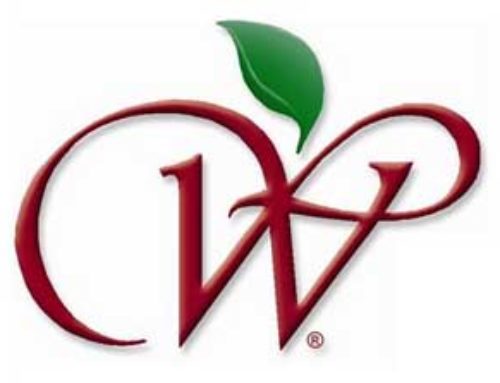The Washington Tree Fruit Research Commission has published its 2024 report on pesticide residues for Northwest sweet cherry production.
This annual effort aims to provide the industry with guidance on the pest management decisions considering the maximum residue levels (MRLs) in some foreign markets, according to the announcement from the commission.
During the 2024 cherry season, in a mature Skeena block, commission researchers applied and then tested for 14 common active ingredients found in 11 insecticides and miticides and three fungicides. The primary objective of the study is to replicate a “worst-case scenario” for residues by using aggressive rates, timings and intervals that are legal under the product labels but may not align with typical commercial use.
Under this approach, which included two applications of most products, all the residues complied with domestic regulations. But in some key export markets, MRLs for some products are set for the “limit of quantification,” or the lowest detectable residue that can be measured, making it “virtually impossible to meet those standards” if the product is applied, according to the report.
The results of the study and previous reports on apple and cherry crops can be found on the commission’s website at: treefruitresearch.org.
—by Kate Prengaman






Leave A Comment